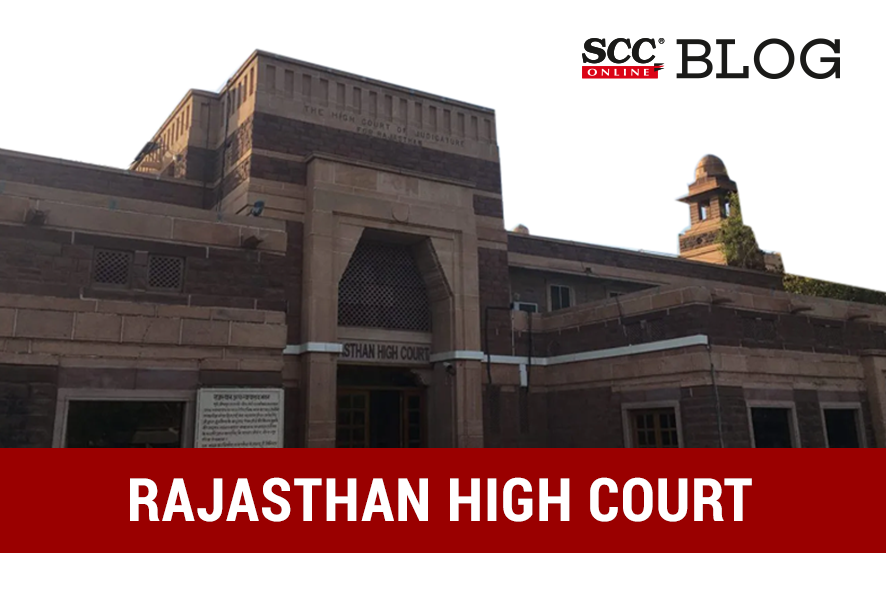Rajasthan High Court: While exercising its writ jurisdiction, the single judge bench of Birendra Kumar, J., held that the Lok Adalat have no adjudicatory power and can only make awards on the basis of a compromise between the parties and accordingly, set aside the Lok Adalat’s decision to permit the Public Prosecutor (‘PP’) to withdraw the prosecution.
In the matter at hand, the question raised was in relation to Lok Adalat under Chapter VI of the Legal Services Authority Act, 1987 (1987 Act) having adjudicatory power to pass awards only on consensus of the parties. The bench of Lok Adalat, Jaipur had allowed the Assistant Public Prosecutor to withdraw the criminal prosecution and discharged the accused from offences under Sections 323 and 341 of Penal Code, 1860.
The petitioner contended that the Lok Adalat had no jurisdiction to allow withdrawal of criminal prosecution but can dispose of the cases only on compromise between the parties.
The State Counsel contended that the PP was competent to withdraw the criminal prosecution considering trivial nature of offences which were compoundable and bailable.
The Assistant Public Prosecutor prayed for withdrawal of the prosecution under Section 321 of Code of Criminal Procedure, 1973. It was evidently not a unilateral exercise of power by the PP but was subject to consent of the Court, therefore application of mind and adjudication whether such prayer of prosecution was fit to be allowed was within the domain of the Court.
Issue:
Whether Lok Adalat could exercise identical power under Chapter VI of the Legal Services Authority Act, 1987?
Analysis
The Bench navigated through Section 19 and 20 under Chapter VI of 1987 Act and stated that when a case was pending before the Court which is referred to the Lok Adalat, the parties thereof must agree for reference.
“If one of the parties only makes an application to the Court for such reference, other party must have opportunity of hearing before hand for reaching at conclusion by the Court that the matter is fit one to be referred to the Lok Adalat.” observed the Court.
The Court stated that the provisions of sub-section (3), sub-section (4) and subsection (5) as well as sub-section (6) of Section 20 would indicate that the Lok Adalat had to endeavour that the parties have arrived at a compromise and settlement and only then the award can be made. Otherwise, the Lok Adalat was bound to remit back the matter before the Court under sub-section (6) of Section 20 of the 1987 Act.
The Court perused the entire scheme under Chapter VI of the 1987 Act and stated that the Lok Adalat had no adjudicatory power and by allowing the prayer of the PP to withdraw prosecution, it had exercised adjudicatory jurisdiction which was not vested in it.
With this observation, the Court set aside the impugned order passed by the Lok Adalat and restored the matter before the competent Court.
[Shyam Bacchani v State of Rajasthan, 2023 SCC OnLine Raj 497, decided on 01-03-2023]
Advocates who appeared in this case :
For the petitioner- Petitioner in Person;
For the respondent- Deputy GA Atul Sharma.






